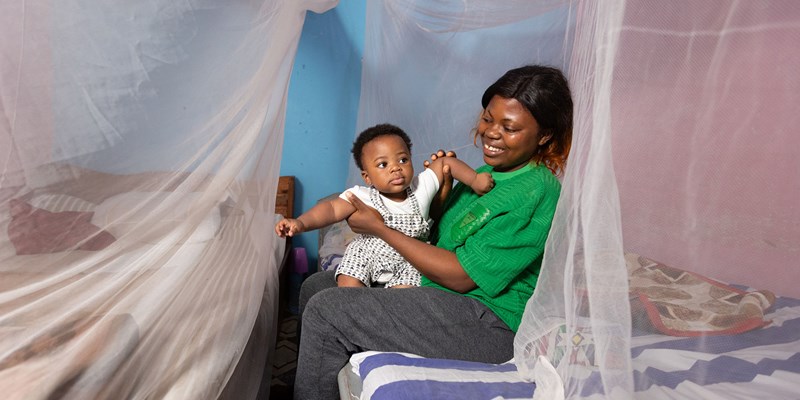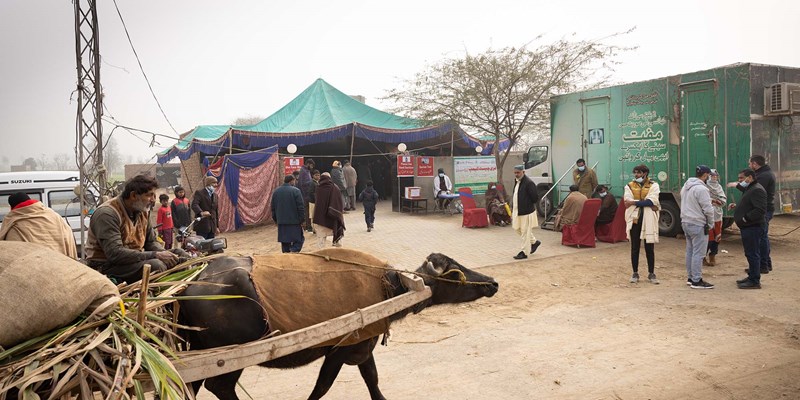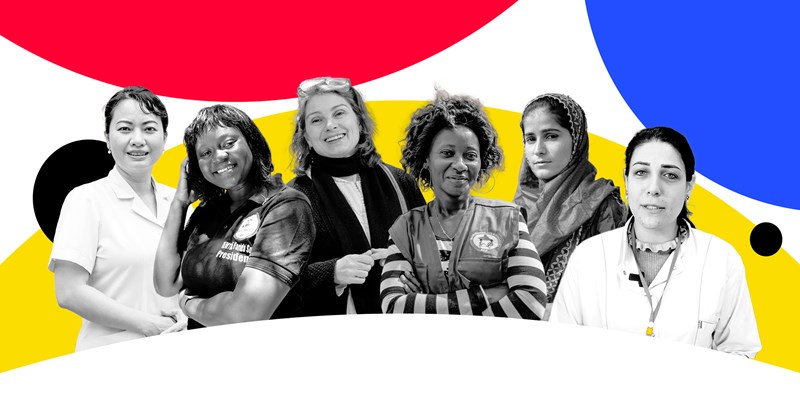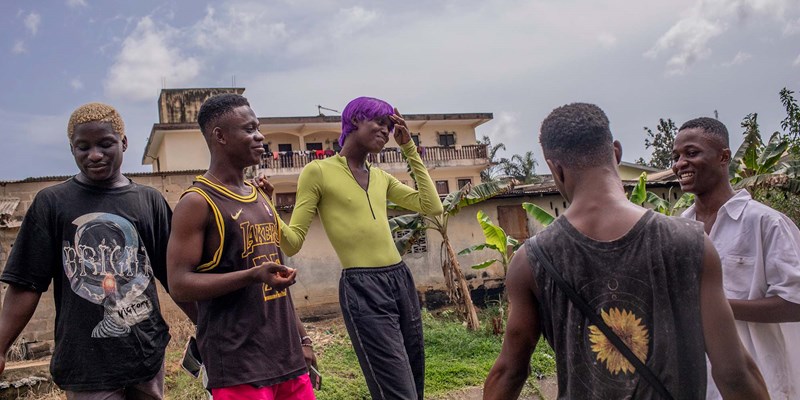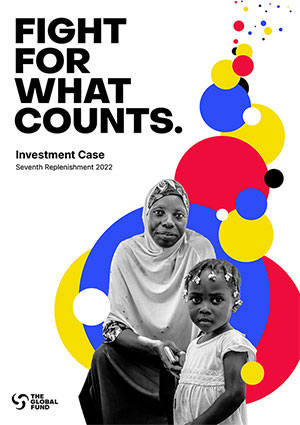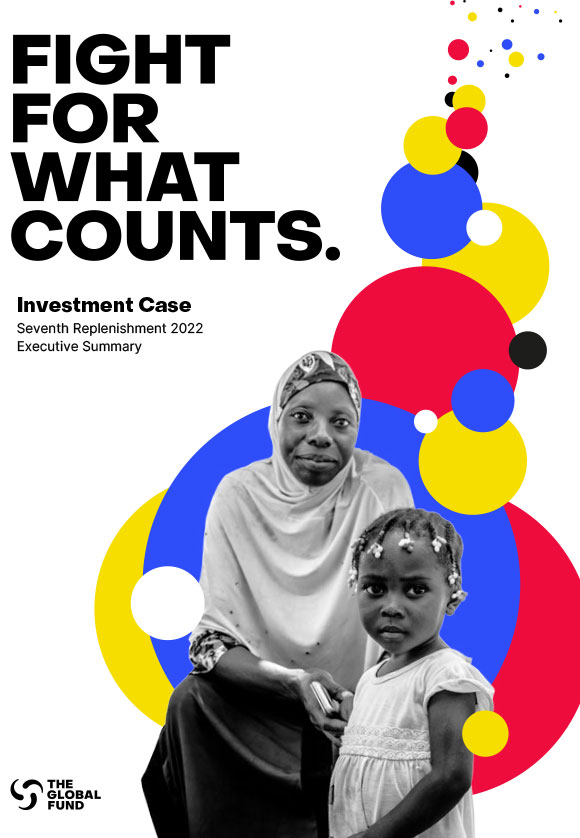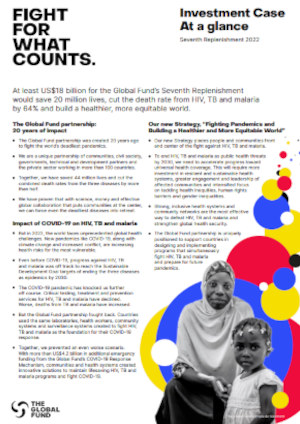Qatar Increases its Contribution to the Global Fund Fivefold
03 September 2020
GENEVA – Qatar and the Global Fund today signed a multi-year contribution agreement for US$50 million for 2020-2022, strengthening their partnership in fighting infectious diseases and in building resilient systems for health.
The contribution made through the Qatar Fund for Development, which was announced during the Global Fund’s Sixth Replenishment conference last October in Lyon, France, represents a five-fold increase from the US$ 10 million contribution made by Qatar for the previous Replenishment, and comes as the world grapples with an extraordinary global health crisis caused by the COVID-19 pandemic.
The agreement was signed by H.E. Mr Khalifa Jassim Al-Kuwari, the Director General of the Qatar Fund for Development, and Peter Sands, Executive Director of the Global Fund.
“This contribution comes as an extension of His Highness Sheikh Tamim bin Hamad Al Thani, Emir of the State of Qatar’s directions to continue the State of Qatar’s commitment towards contributing to the global efforts to achieve the goal of ending the epidemics of AIDS, tuberculosis and malaria by 2030,” said Al-Kuwari.
“The Qatar Fund for Development is proud of the strategic partnership forged with the Global Fund, which supports innovative solutions to global health challenges, by harnessing the best possible expertise, insights and innovation in the public and private sectors to respond to diseases and build resilient and sustainable health systems.”
Sands praised Qatar for the major increase of its multi-year contribution to the Global Fund and its commitment to improving global health security.
“We are tremendously grateful to Qatar for its increased commitment to the Global Fund, which was critical to achieve the target of mobilizing US$ 14 billion for the period 2020-2022,” Sands said.
“The stakes are extraordinarily high. Our partnership has achieved great impact against HIV, TB and malaria, but COVID-19 is threatening to wipe out decades of progress. We need an extraordinary mobilization to improve global health security and protect hard-won gains towards the achievement of the Sustainable Development Goals. If we do not act with urgency, we will go backwards.”
The Global Fund, the world’s trusted, proven partnership fighting major infectious disease at scale around the world, has saved more than 32 million lives and helped cut HIV, TB and malaria deaths by roughly half, disbursing US$45 billion to more than 100 countries since 2002.
However, recent modelling by WHO, UNAIDS and the Stop TB Partnership show deaths from HIV, TB and malaria could as much as double in the coming year as a knock-on effect of the COVID-19 pandemic. The fights against COVID-19, HIV, TB and malaria are one and the same fight.
The Global Fund is playing a critical role in the response to COVID-19 in the poorest and most vulnerable countries, while also fighting HIV, TB and malaria and strengthening systems for health. The Global Fund is providing up to US$1 billion and operational flexibility to help countries fight COVID-19, protect health workers and systems for health, and defend progress against HIV, TB and malaria in the countries where it invests.
The Global Fund is a founding partner of the Access to COVID-19 Tools (ACT) Accelerator, a global collaboration of organizations and governments working to accelerate development, production and equitable access to new COVID-19 technologies.
In the Middle East, programs supported by the Global Fund are providing essential HIV, TB and malaria services to key and vulnerable populations including refugees, internally displaced people, women, children and other populations in Iraq, Jordan, Lebanon, Palestine, Syria and Yemen.
The Global Fund is also supporting many countries from the Organization of Islamic Cooperation (OIC) to fight COVID-19 and mitigate its impact on HIV, TB and malaria programs. Among the countries are Afghanistan, Algeria, Bangladesh, Burkina Faso, Chad, Djibouti, Morocco, Pakistan, Senegal and Sudan.
